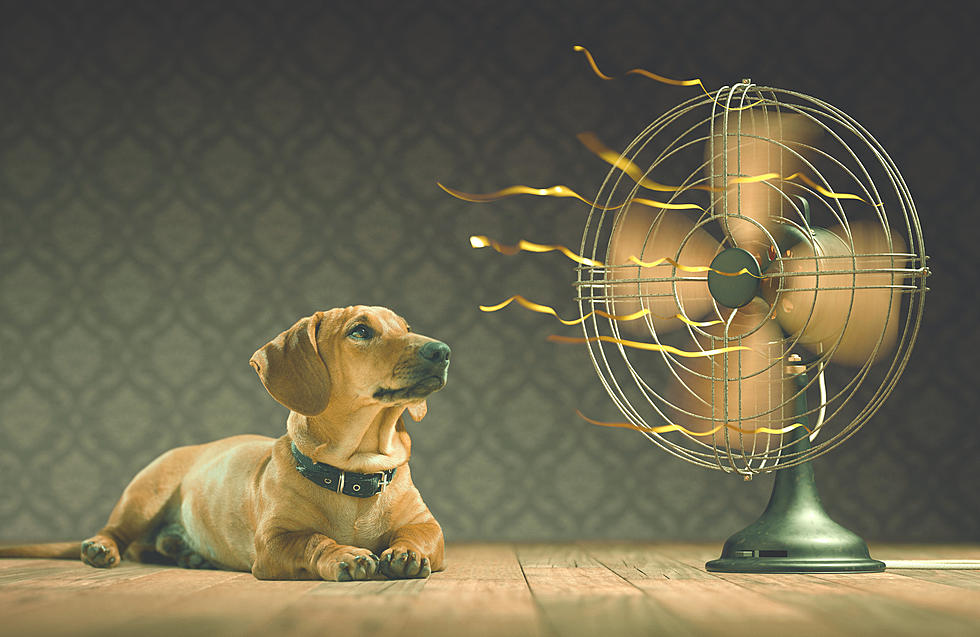
Pittsfield Providing Cooling Centers
With a high heat advisory in effect today through Wednesday, June 30th, several cooling centers in the City of Pittsfield are in place to assist those seeking relief from the heat.
The hours of operation and location for the designated sites are as follows:
- Christian Center, 193 Robbins Ave., open through 7 p.m. today and 9 a.m. – 7 p.m. on Wednesday.
- Salvation Army, 298 West St., open through 1 p.m. today and 10 a.m. – 1 p.m. on Wednesday.
- Ralph J. Froio Senior Center, 330 North St., open through 4 p.m. today and 10 a.m. – 4 p.m. Wednesday.
During periods of high heat, the body has to work extra hard to maintain a normal temperature. Excessive heat can cause stress on the human body. “Young children, elderly people, and those who are sick or overweight are more at risk of heat-related illness. Individuals with chronic illness should also be particularly cautious to avoid heat stress,” said Public Health Director Gina Armstrong.
If the strain on the body becomes too great, it can cause heat exhaustion and heatstroke. These are serious heat-related conditions that pose a health threat, including permanent health damage and even death.
Preventative measures should be taken in order to avoid heat stress include:
- Never leave children or pets alone in closed vehicles.
- Slow down, avoid strenuous activity.
- Drink plenty of water — even if you are not thirsty. Avoid alcoholic beverages and liquids high in sugar or caffeine. If your doctor generally limits the amount of fluid you drink, ask how much you should drink during hot weather.
- Drinking sports drinks can replace the salt and potassium that may be lost by sweating. Warning: If you are on a low-salt diet, talk with your doctor before drinking a sports beverage.
- If you do not have air conditioning, stay on your lowest floor, out of the sun. Use fans to stay cool and avoid using your stove and oven. Consider spending time in air-conditioned public spaces, such as schools, libraries, theaters, and other community facilities.
- Stay indoors as much as possible and limit exposure to the sun. Limit outdoor exercise and outdoor work, if possible.
- If you must go outside, try to do so either in the morning or in the evening. While outside, take frequent breaks and find air-conditioned places or shady areas where you can rest. This will give your body a chance to recover.
- Wear light, loose-fitting clothing and a hat with vents such as straw hats.
- Take cool showers or baths to cool off.
- At the first signs of heat illness, go to a cooler place and rest.
Pets can also suffer from excessive heat. Make sure your pets have adequate drinking water and do not leave pets outside for extended periods of time. Be a good neighbor. Check on family, friends, and neighbors, especially the elderly, those who live alone, those with medical conditions, those who may need additional assistance, and those who may not have air conditioning.
SIGNS AND SYMPTOMS OF HEAT-RELATED ILLNESS:
Heat stroke
What to look for:
o High body temperature (103°F or higher)
o Hot, red, dry, or damp skin
o Fast, strong pulse
o Headache
o Dizziness
o Nausea
o Confusion
o Losing consciousness (passing out)
What to do:
o Call 911 right away-heat stroke is a medical emergency
o Move the person to a cooler place
o Help lower the person’s temperature with cool cloths or a cool bath
o Do not give the person anything to drink
Heat exhaustion
What to look for:
o Heavy sweating
o Cold, pale, and clammy skin
o Fast, weak pulse
o Nausea or vomiting
o Muscle cramps
o Tiredness or weakness
o Dizziness
o Headache
o Fainting (passing out)
What to do:
o Move to a cool place
o Loosen your clothes
o Put cool, wet cloths on your body or take a cool bath
o Sip water
Get medical help right away if:
o Vomiting occurs
o Symptoms worsen
o Symptoms last longer than one hour
Heat cramps
What to look for:
o Heavy sweating during intense exercise
o Muscle pain or spasms
What to do:
o Stop physical activity and move to a cool place
o Drink water or a sports drink
o Wait for cramps to go away before you do any more physical activity
Get medical help right away if:
o Cramps last longer than one hour
o You’re on a low-sodium diet
o You have heart problems
More From WBEC AM









